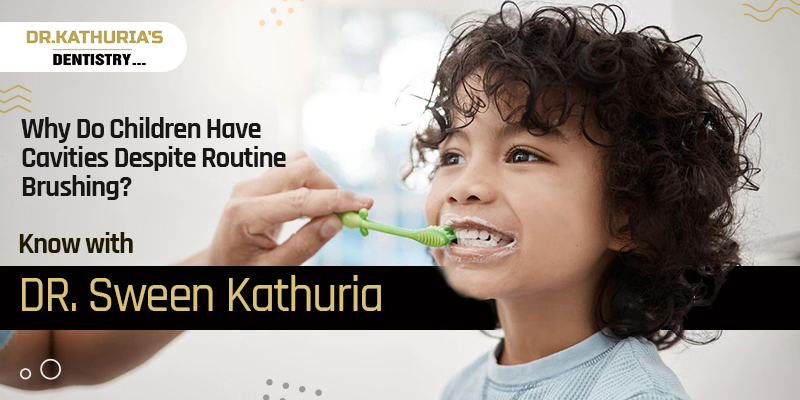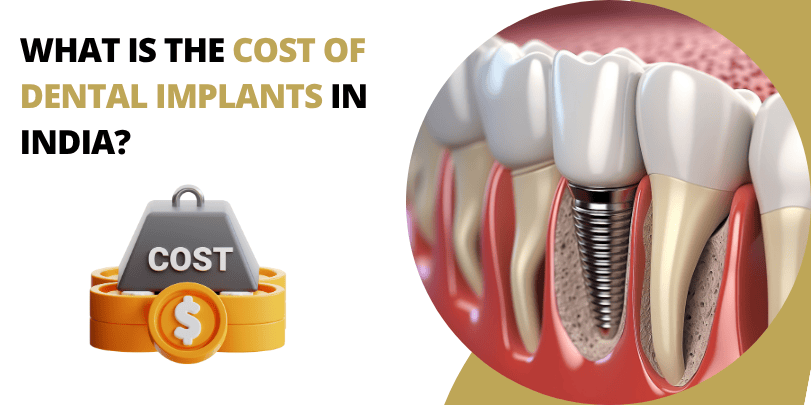Parents frequently express anxiety about their children developing cavities at an early age despite brushing their teeth regularly. We realize that dental cavities (tooth decay) are a multifactorial disease that is caused by a combination of factors, including poor oral hygiene, a high-sugar diet, and others. Thus, it is important to visit the dentist to maintain oral hygiene. However, you can visit Dr. Sween Kathuria– she is one of India’s most well-known cosmetic dentists in Delhi.
Cavities in Children and Babies: What Causes Them?
As previously stated, many variables affect a child’s probability of developing cavities. Although it is beyond the scope of this article to address all of these factors – and identifying all of the factors that cause tooth decay is still a work in progress – we will explore some of the essential ones below.
Bacterial Colonisation in the Mouth
Did you know that sugar does not directly cause tooth decay in children? Rather, it’s a bacterial infection that can be spread from person to person. Some dangerous bacteria produce acid in our mouths, which damages our teeth and finally causes cavities. The link between sugar and dental decay is that sugar is a food source for dangerous bacteria. When we eat sugary foods (or foods that break down into sugars in our mouths), these bacteria feast on the sugars, growing and multiplying and eventually metabolising them into a toxic acidic waste product.
Habits of Eating
Considering that cavity-causing bacteria adore sugar, it’s no surprise that sugary drinks and snacks enhance a child’s chance of acquiring cavities. Whenever it comes to the link between diet and cavities, however, most parents are in the dark. If your child is prone to cavities, discussing your child’s diet with a paediatric dentist is a good method to identify possible problems.
Enamel Defects in the Teeth
The firm, protective outer coating of a tooth is called dental enamel. Enamel anomalies such as enamel hypoplasia, for example, can raise a child’s risk of gum disease. Environmental causes such as low birth weight, viral and bacterial infections, or dental trauma can cause these problems, which can be genetic or affected by environmental factors.
Oral hygiene is essential!
Minimise your child’s snacking between meals and, if necessary, provide healthier alternatives. This lowers the number of acid attacks on teeth and allows them to repair themselves. After cleaning their teeth at bedtime, make sure your youngster does not eat or drink anything sweet. During sleep, saliva flow reduces. The teeth’s ability to mend themselves is harmed when there isn’t enough saliva. Enamel production is aided by adequate dietary calcium, phosphorus, and vitamins A, D, and C.
Sugary candies and sweets should be avoided at all costs. After eating sweets at any meal or snack, wash your teeth thoroughly with fluoride toothpaste.
Looking Ahead
Plan on periodic dental visits for your children as they grow, anywhere from once every three months to once a year, depending on your dentist’s recommendations. Good dental health can be achieved by avoiding sugary meals, encouraging frequent brushing and flossing, and working with your dentist. However, if you’re concerned about your kid’s oral health, consult Dr. Sween Kathuria for the best treatment.
 Australia No
Australia No Canada No
Canada No India Toll Free No
India Toll Free No UK No
UK No USA No
USA No















